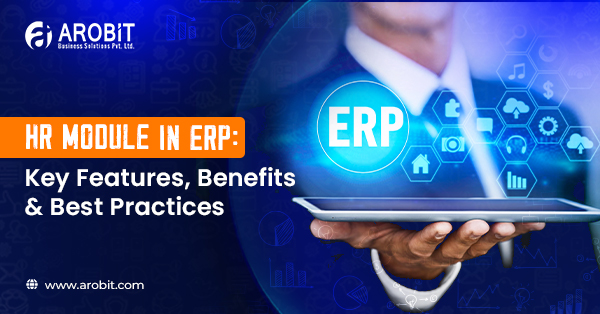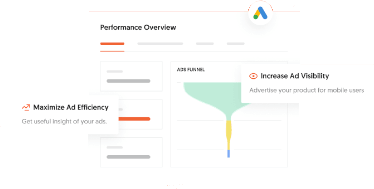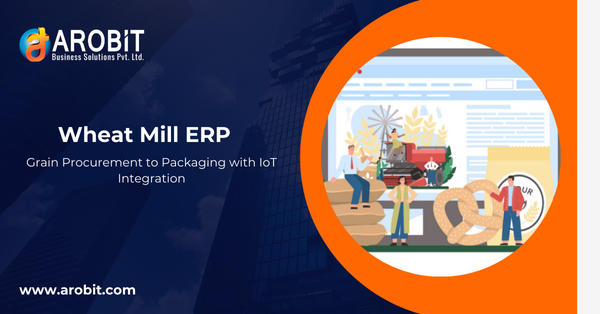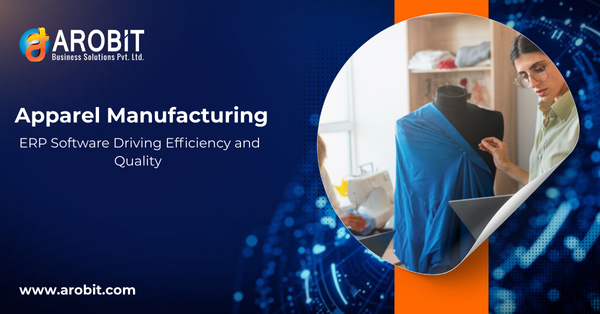Efficient human resource management is essential for achieving organizational success in a dynamic business landscape. The HR module in ERP remains an essential tool for businesses looking to streamline HR processes and enhance overall efficiency. By 2025, it is anticipated that 70% of organizations will be using integrated ERP human resource management systems to centralize HR functions. This denotes an increasing awareness of the commitment value of HR in the wide context of business administration.
What is the ERP HR module?
The ERP HR module is the software module intended to apply management to all human resource activities, from recruitment and onboarding to performance management and retirement. Its key role is to centralize employee information and HR processes in a single system, facilitating a centralized workforce management mechanism.
Key Functions of the ERP HR Module
The HR module of ERP includes several key functions contributing to efficient human resource management:
- Employee records management: Centralizes all employee data like personal data, job history, and performance evaluations.
- Recruitment and onboarding: Automating job postings, applicant tracking, and onboarding to fortify the hiring process.
- Performance management: It allows organizations to conduct regular performance reviews and feedback to foster employee development.
- Payroll management: Covers payroll processing, tax computations, and compliance with labor provisions.
- Training and education: Covers organization employee training programs and career development initiatives.
- Other HR Functions: Workforce scheduling, attendance tracking, benefits management, employee engagement, etc.
Role of the HR Module in ERP Systems
The integration of the HR module with other components of an ERP system enhances efficiency and data accuracy. Here’s how it works:
Integration with Other ERP Components
The HR module in ERP interacts with various other ERP modules, including:
- ERP Finance Module : Ensures that payroll data is accurately reflected in financial reports and budget planning.
- Inventory Module in ERP : Helps align staffing needs with inventory management, especially in manufacturing environments.
- Manufacturing ERP Module : Facilitates workforce planning based on production schedules and demand forecasts.
Interconnectivity empowers organizations to manage their employee-related data with increased efficiency so that all departments can maintain a consistent flow of information.
Contribution to Business Processes
The HR module's integration with other ERP components contributes significantly to various business processes:
- Logistics Management: Provides insight into workforce availability to optimize logistics operability.
- Shift Scheduling: Automates shift assignment by employee availability and competency, allowing for greater operational effectiveness.
Key Features of ERP HR Modules
ERP HR modules contain several features that enhance human resource management.
Core HR Functions
- Employee Records Management: Maintains all employee data in a secured environment.
- Organizational Charts: To visualize company structures.
- Self-Service Portals: Where employees can update information, apply for leave, and check pay stubs.
Time and Attendance Management
- Work Hours Tracking: Monitoring of attendance, out-of-the-box overtime, and leave requests.
- Leave Management: Represents a comprehensive approach to leave requests while ensuring substantial compliance with company policy.
Talent Management
- Recruitment: Automate job postings and applicant tracking.
- Onboarding: Uses checklists and workflows for new employees.
- Performance Evaluations: Allows for systematic evaluation of performance.
- Training Programs: Tracks training activities and skills.
- Succession Planning: Identifying potential leaders of the future within the company.
Compensation and Benefits Administration
- Payroll: Manage salaries and allowances.
- Salary Structures: Managing pay bands across job roles.
- Employee Benefits: Health insurance, retirement funds, and incentives.
Advantages of HR Module Integration into ERP Systems
Integrating the HR module into the ERP system can present numerous advantages:
- Using Personnel Data Across Various Processes: Centralizing data improves the decision-making process in finance, operations, and sales.
- Creation of All-Encompassing Reports: Collating HR data with business metrics for workforce analysis.
- Enhancing Cross-Departmental Workflows: Guarantees genuine employee data and thus ensures accurate coordination across all departments.
- Effective Workforce Planning: This helps in developing better strategies for hiring and training aligned with business growth.
Evolution of ERP HR Modules
Transitioning from traditional integrated HR modules to standalone systems typifies how businesses have evolved in HR management needs.
Impact of Cloud Technology
Cloud technology has given a radical spin to the way organizations go about managing HR. Blended ERP software solutions with AI powers integrated into cloud-based engineering are the new offerings from leading ERP software developers in India. Several ERP companies in India offer models that fit the ICT hybrid model with flexible scalability of HR functions. The choice of ERP software consultancy, on the one hand, and multi-solution delivery platforms on the other, allows seamless integration with cloud-based HR systems.
FAQs
Q1. What is the Human Resource Module in ERP?
A1. The human resource module in ERP is a computerized or software component that manages all employee activities from hiring through payroll, performance management, and tracking compliance.
Q2. What is ERP in HR?
A2. ERP in HR refers to integrating human resources functions within an ERP human resource management system, ensuring streamlined HR processes and centralized data management.
Q3. What are the six modules of human resource management?
A3. Typically, the six key HR components include:
- Recruitment and Selection
- Training and Development
- Performance Management
- Compensation Management
- Employee Relations
- Compliance Management
Conclusion
The HR module in ERP is a vital feature of modern ERP systems that enables the consolidation and centralization of employee information for the smooth execution of HR processes. By combining integrated HR functionalities within one ERP system for human resource management, businesses can experience enhanced efficiency, better workforce planning, and alignment of their HR strategies with their wide-ranging business goals.
Many of the leading manufacturers of ERP solutions in India are busy creating advanced solutions that help organizations manage human resources more efficiently. Selecting an ERP software development company in India with experience with HR integration ensures the new tools can be used to drive optimum workforce management and long-term success.
As the ERP HR solutions will be through cloud technology and AI, HR operations in businesses will evolve into intelligent and efficient ones in the coming times.








